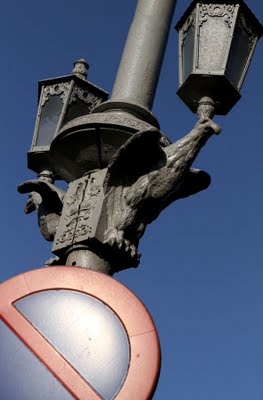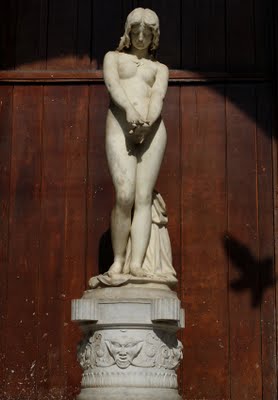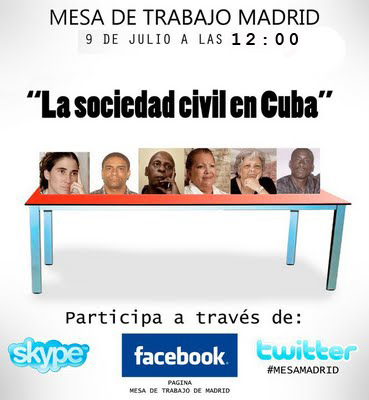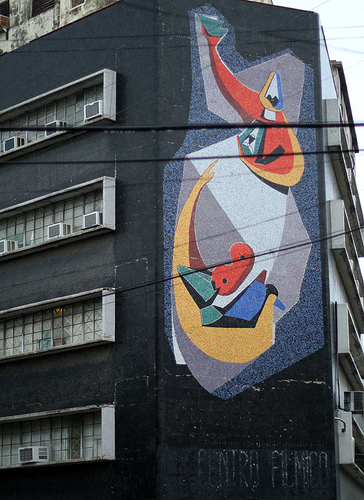The use of a disqualifying language against political opponents has been a fairly widespread practice, though in general certain limits of public responsibility and established decency are respected. There are also laws that penalize defamation, due to which, whomever raises a question about a person must support it with evidence and proof. So it works, at least, in most democratic countries.
During the years of the Batista dictatorship, those who did not agree with his politics were classified as opponents. Except in times when censorship was established, they had the means to express their opinions. They were not detained or imprisoned, and also participated actively in the national debate. Those opponents who opted for violence as a form of struggle, planting bombs and firecrackers and carrying out attacks and sabotage, were labeled as subversives or communists. The word terrorist was not yet fashionable. If caught, they were repressed by bloody or judicial methods. In the latter case, they had available to them defense counsel and fair trials. There are many examples.
Beginning in 1959, those who did not accept the new regime or disagreed with some of its postulates, were labeled counterrevolutionaries. Tossed into this sack were both those who acted peacefully as well those who opted for violence. Soon he put his hand in the dictionary and began to apply, festively, every kind of dis-qualifier: worms, stateless, traitors, mercenaries, lumpen, slag, employees of the empire, and so on. This method continues to today and has increased. Applied for years, with no possibility to respond, (all media and controls belong to the state), citizens have been so manipulated that they react by inertia, without the use of reason, forgetting in many cases that it even exists.
Denigrating and discrediting those who think differently and, moreover, those who dare to express it, only shows weakness, no matter how much the statements multiply in strength. The problems of Cuba must be revolved by Cubans (all Cubans, both inside and out of the country) but for that, we can not be expected to maintain the historical monologue, where only those who govern us think they possess the absolute truth. The continuous failures have shown the opposite. It requires honest and respectful dialogue.
However, dialogue requires there be a willingness in the parties interested in it. to maintain the sectarian and exclusionary position of the past five decades, claiming that those who think for themselves are taking orders from the empire is not serious. The reality is otherwise: every day citizens are increasingly questioning their plight and raising the need for real changes in the interest of the nation, not of an ideology or a party. Coping with them peacefully, with the participation of all, as recommended by José Martí, is intelligent.
April 8 2011








